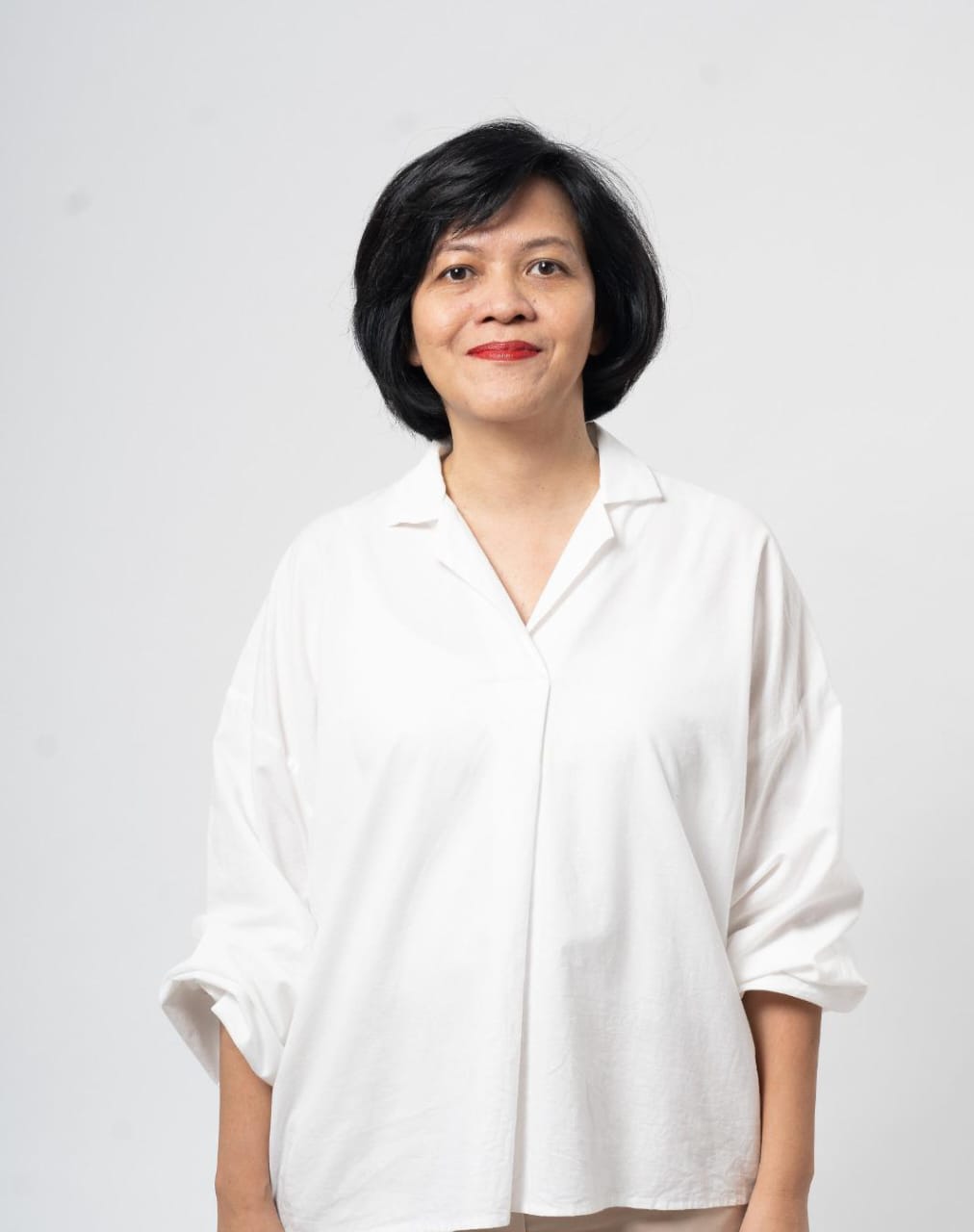In the next 5-15 years, the population in Indonesia of productive age (16-64 years) will increase. In 2022, the population of productive age reached almost 70%, and it is predicted that in 2025, 2030, 2040 and 2045 the population of productive age will exceed the number in the previous year. With this demographic bonus, high quality productive age will play an important role as human resources and economic actors in Indonesia.
This was conveyed by Prof. Dr. dr. Ani Retno Prijanti, M.S., in her inauguration speech as professor entitled “The Role of Sports, Natural Ingredients, Metabolism Control and Hypoxia to Achieve Healthy Aging for Indonesia’s Demographic Bonus”. Prof. Ani was confirmed as a professor in the field of Biochemistry and Molecular Biology, Faculty of Medicine (FK) Universitas Indonesia (UI) in the IMERI Hall, UI Salemba Campus (23/12). She said that health problems that often occur in productive age cause the aging process to occur more quickly. Meanwhile, what is needed by the productive age is a healthy aging process.
“We know that the productive age group is the most active group in life. However, with various conveniences in communication and transportation, physical activity has decreased and led to a sedentary lifestyle. Meanwhile, if we pay attention to urban residents, they are very busy with their work which can cause stress,” said Prof. Ani.
She further explained that living with a sedentary pattern, fast food eating patterns, the use of simple sugars (such as granulated sugar, fructose sugar), stress at work, smoking, a polluted environment, and high fat diets, predisposes to the occurrence of degenerative diseases including senescence (senesens) and premature aging. Thus, the large demographic of productive age may not be accompanied by a good life capacity. Therefore, it is very important to make efforts to prevent and treat degenerative diseases, senescence, and premature aging.
According to her, efforts to maintain Indonesia’s human resources in a healthy aging condition are through exercise, use of natural ingredients, control of metabolism and control of hypoxia. “Moderate exercise such as brisk walking in humans can increase telomerase activity, which functions to lengthen our DNA’s protective telomeres. By lengthening telomeres, it is hoped that cell life can be extended,” said Prof. Ani. In addition, at moderate levels of exercise, cell damage as represented by malondialdehyde (MDA) levels does not increase. Moreover, moderate exercise can reduce hypertension.
Meanwhile, the use of natural ingredients also plays a role in protecting against oxidative stress, degeneration, and senescence. Prof. Ani said that biodiversity in Indonesia is a great gift for our country. To date, the ones most researched are turmeric and ginger. Meanwhile, there is still a lot of Indonesian flora that can still be explored. The advantage of flora is that it contains many polyphenolic compounds and similar compounds which can be beneficial for preventing oxidative stress in addition to containing other vitamins and minerals.
Biodiversity is divided into two, the first is plants that are commonly consumed by people, such as vegetables, fruit, tubers. The second is a plant that is traditionally often used as an ingredient to prevent or cure disease. Daily consumption plants, vegetables and fruit, such as cucumber, chayote, melon, watermelon, actually contain citrulline compounds which can be converted into NO (nitric oxide) which can lower blood pressure. Apart from that, what many Indonesian people also consume is jengkol. This food contains many antioxidants which can reduce free radicals. Apart from that, Prof. Ani also mentioned other plants, such as pasak bumi, gotu kola, anting-anting, and spirulina plantesis.
“Of course, healthy eating patterns need to be considered, with rules from expert nutritionists. Apart from that, there are several other things that can improve metabolism, reduce fat accumulation and normalize blood sugar levels,” said Prof. Ani. Some things that need to be considered are exercise, which can prevent cell senescence. Exercise activates catabolism, breaks down fat reserves, cleanses cell contents of fat so that cell metabolism runs smoothly again. Apart from that, several natural ingredients that can be used to reduce body fat include infusion of roselle (Hybiscus sabdarifa) which is able to prevent non-alcoholic fatty liver. Then, vitamin D is able to streamline cell energy (ATP) production by preventing leaks in the cell’s respiratory chain in the mitochondria.
Meanwhile, controlling hypoxia also plays a role in the healthy aging process. Continuous hypoxia is known to cause degenerative damage to various body tissues, both due to normobaric and hypobaric hypoxia. Currently, various hypoxia settings have been carried out at certain intervals which provide prospective results to prevent tissue damage.
Until now, Prof. Ani actively publishes scientific publications, some of her scientific works this year include the titles Effect of Roselle Flower Extract (Hibiscus sabdariffa Linn.) on Reducing Steatosis and Steatohepatitis in Vitamin B12 Deficiency Rat Mode; Increase of Transforming Growth Factor-B didn’t affect Thrombospondin1 in preeclampsia placenta; and Spirulina platensis effect on oxidative stress of rat’s offspring brain exposed to cigarette smoke during pregnancy and lactation.
Prof. Ani successfully completed her medical education at FK Gadjah Mada University (UGM) in 1983. Then, she graduated with a Masters in Biomedical Sciences at FKUI in 1997. Still at the same campus, Prof. Ani completed the doctoral program in biomedical sciences at FKUI in 2011. Also present at the professor’s inauguration procession was the Chair of the Dentistry Council of the Indonesian Medical Council, Prof. Dr.drg. Melanie Sadono., M.Biomed., PBO.; UMY Professor Prof. Dr. drg. H. Sudibyo, Sp Perio, SU (K).; UGM Professor Prof. Ir. Adam Pamudji Rahardjo, M.Sc., Ph.D.; IPB Professor Prof. Dr. Drh. Agustin Indrawati M. Biomed.; and Professor at Budi Luhur University Prof. Dr. Setyani Dwi Lestari, M.E.



